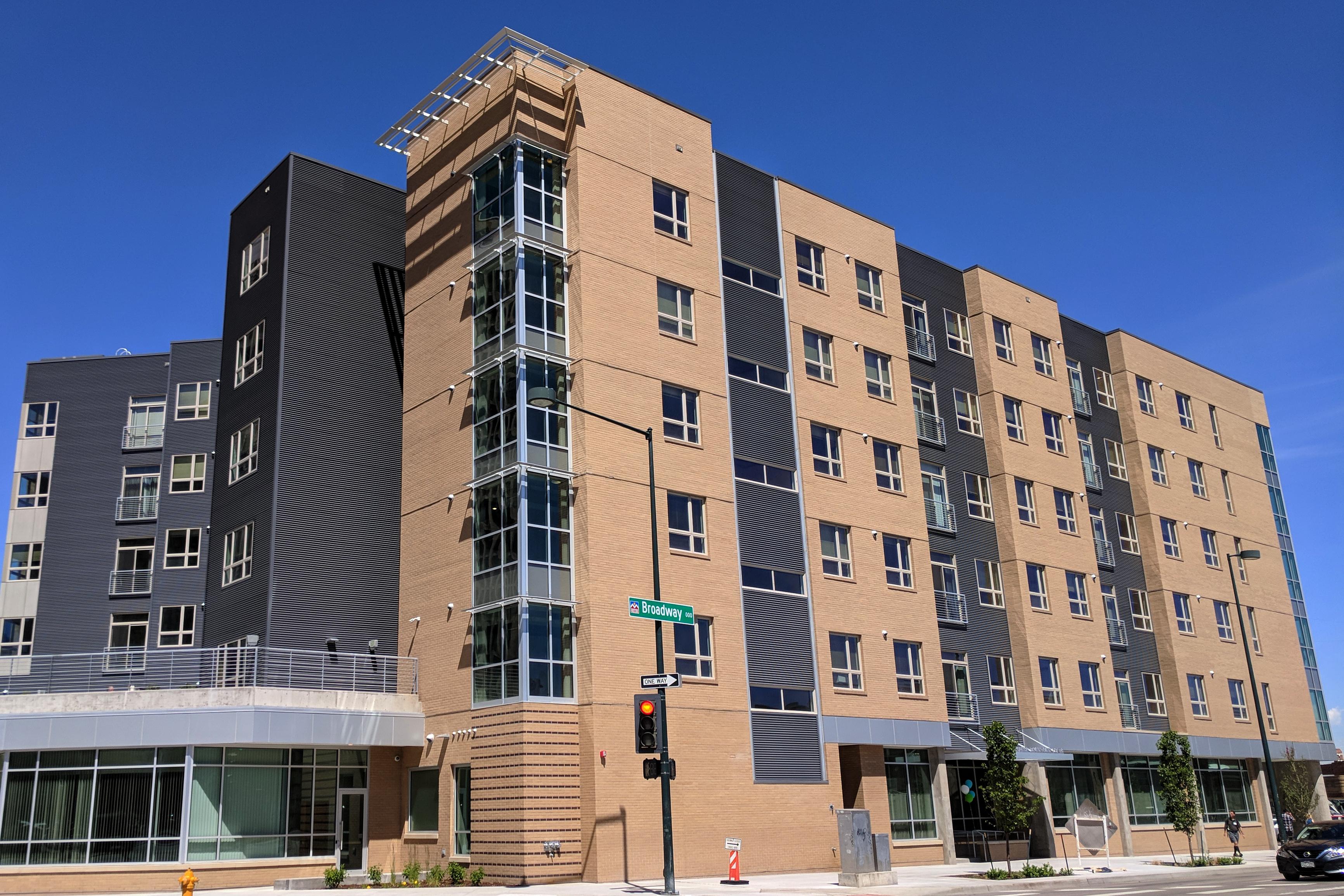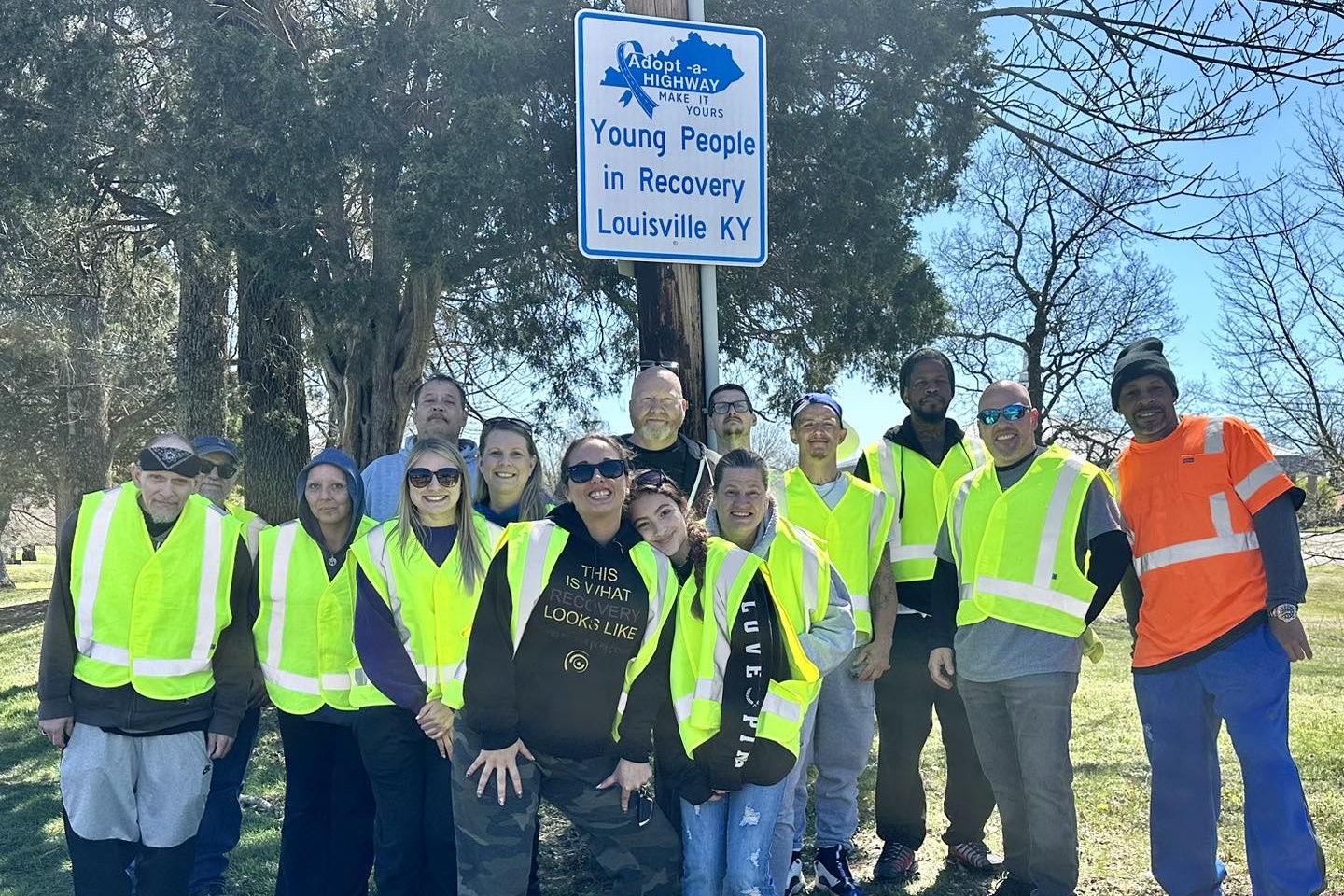

The Renaissance Downtown Lofts building looks like many other apartment complexes going up in downtown Denver. There are plenty of windows, a shared patio for all of the residents and it's just a quick walk from a hopping bar scene and public transportation.
But what appears to be the perfect spot for millennial renters is actually part of an ambitious bid to house the homeless.
“This project was one of a kind in more ways than one,” said John Parvensky, president of Colorado Coalition for the Homeless.
The coalition is managing the project at 2075 North Broadway, which opened on Thursday, May 31. The building contains 101 units for some of the city’s chronically homeless residents. An entire floor is also dedicated to social services, such as mental healthcare, job programs and addiction treatment.
The building project had no shortage of challenges during construction, Parvensky said. His organization also won a court challenge from local business, who worried the building would not offer enough parking.
Then, just a week before the first planned opening, a water break flooded 30 apartments. Each had to be rebuilt.
A donation of land from U.S. Bank made the complex possible in the first place. Then, funding for the project came from Denver’s social impact bond program, where private investors helped pay for the initial costs. Under the arrangement, the city will then repay the backers if the new residents stay in their homes--and away from detoxes and jail beds. The city made its first payment last October.
Before the program launched in 2016, Denver followed 250 homeless people to see what kind of impact they had on city services. It found those people accounted for 14,000 nights in jail and 2,200 visits to detox over three years. In total, the city estimates a single chronically homeless person in Denver cost taxpayers $29,000 a year.
At the opening, Denver Mayor Michael Hancock said the effort has become a model for other cities.
“This was about giving our residents a fighting chance. Residents who were stuck in a cycle of going from the streets to jail, back to the streets, to detox, back to the streets. A very expensive cycle,” Hancock said.
The program has housed 250 residents so far. The latest city budget includes money to add another 75 people by the end of the year.
Kareme Holst is one of the program participants planning to move into the building by the end of June. Holst said he spent about a decade on Denver’s streets, often just outside his new apartment. He hopes a home means people will see him as a resident, not as a problem.
“I’ll be able to socialize with people knowing that I live in this neighborhood, this community,” he said.









